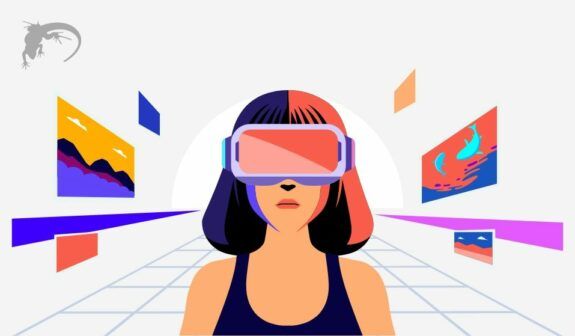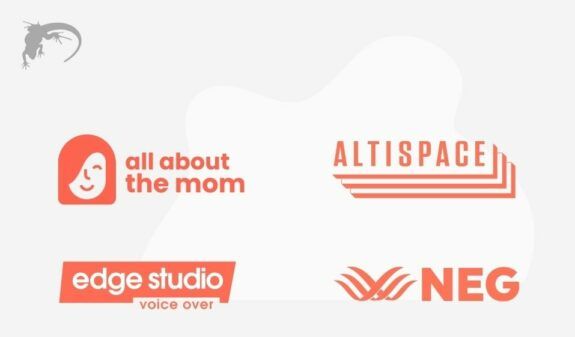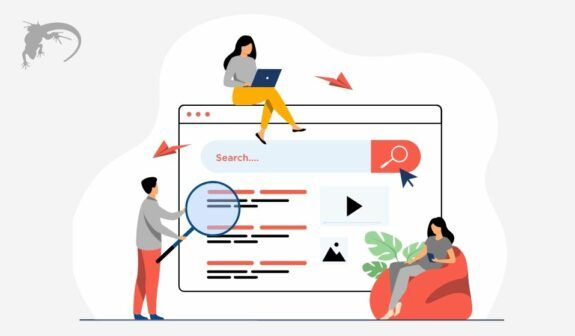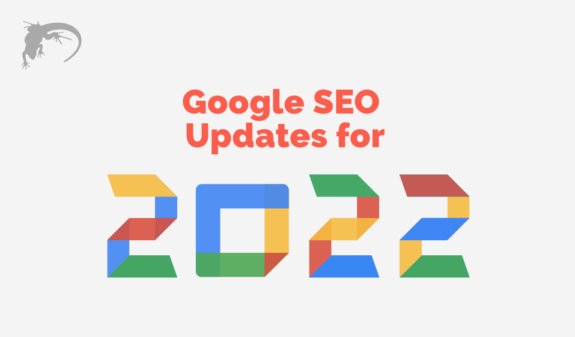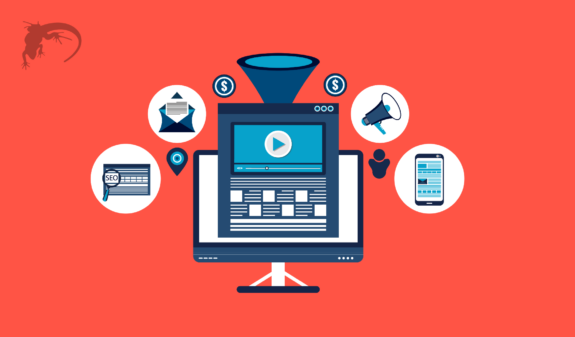Ecommerce SEO Game Changer in 2022 – Are You Optimized for Google Lens?

You may be spending time and resources to up your ecommerce search game using SEO tools and the latest digital marketing — but are you ready for Google Lens?
Google Lens, and Pinterest Lens, are stepping to the front using Artificial Intelligence (AI), Augmented Reality (AR), and real-world visual search options that improve a user’s page experience and take a target audience straight to the source (or sources).
Similar to when keywords and keyword research began shifting to full questions (thanks to voice assistants like Alexa and Suri, e.g., ‘where can I find the best grocery delivery service?’ instead of ‘grocery delivery service’), real-world search options based on a visual image are impacting search results for businesses everywhere. Now all you do is point your smartphone camera and Google takes care of the rest.
Google Lens Makes Searching Effortless
Google wants to be your go-to ecommerce website and Google Lens is how they can compete with Amazon, eBay, and Walmart.
Google Lens is the AI-enhanced version of Google’s reverse image search. It uses AR and machine learning to find the most relevant answers to each of several options based on Google’s highly refined search intent algorithms. Using new AI advances, such as multitask unified model or MUM, Google searches are growing more complex and demand an even keener knowledge and implementation of SEO practices to ensure success.
How Google Lens Works
To take advantage of the enormous power of Google Lens, aim or point at an object and choose the Google app on your mobile devices (it’s embedded for Android phones or there’s a camera on the search line for iPhones) or, for laptops and computers, right-click in Chrome and select ‘Search images with Google Lens.’ Now you can choose among these options:
- Translate — Google has incorporated its powerful translation app directly into Google Lens. Now it will recognize the language and translate text whatever you aim at whether a sign, a menu, or a book or computer screen.
- Search — Search an image and you will get results like you had typed it in. Identify landmarks or flora/fauna. Aim at a landmark and Google Lens will not only tell you what it is but also historical facts. Aim at a dog or a tree and your image search will identify the breed of dog or type of plant. No more typing in descriptions.
- Homework — With the Homework setting, you can hover your camera over a math equation or a science problem to get a Steps-to-Solve guide.
- Text — Google Lens can copy text from any source, a book, a computer screen, a billboard, an image, and then send it instantly to your computer’s clipboard ready to be pasted into a document, email, or spreadsheet (or you can have it read aloud if you prefer).
- Dining — Take a picture of food and Google Lens will give you recipes to make the dish and restaurants where you can find the meal.
- Shopping — Now when you see the perfect pair of shoes, there’s no more typing a lengthy description into Google and hoping for the best — ‘black leather pumps with a 4-inch heel’. Instead, using Google Lens, you just tap and hold the image while Google Lens finds similar items that you can link to and purchase immediately. Google Lens will also give you style tips on what to pair with the black shoes and ideas on where the black shoes can go.
So, with all that power to instantly find your products, how do you ensure your website is capitalizing in every way possible?
How to Optimize Your Ecommerce Website for Google Lens
First, you want to make sure your product images show up in Google Shopping. Google offers free product listings through a Google Merchant Center account. Once you open your account, you can create a product feed and upload your products so that they show up in Google’s search results. Customers can also buy products and Google links them directly to your checkout process.
Make sure that all product images and descriptions on your website (or other online selling platforms, like Shopify) include the following enhancements:
- Provide a great user experience — Overall, be sure your images (and image URLs) provide good context and have relevant text, with the most important image placed near the top of the page. Maximize accessibility so everyone has access to your product information. And be sure your overall site health is good by ensuring mobile-friendly responses.
- Add Alt Image Tags, via HTML or through your content management system, such as WordPress, and be sure to make relevant use of your keywords or phrases. Also, ensure that your page title tag and meta description meet Google’s guidelines since this is the information/images that is used to generate snippets for search engine results pages (SERPs).
- Include EXIF data which is more in-depth info about your photo image itself, including time and date taken, what camera was used, etc. Google uses this information when ranking photos and articles/blogs/pages by relevance.
- Add structured data markup (using schema.org vocabulary) which helps Google understand content and images. For example, a recipe page would include in the structured data (in HTML code) for the type of page, name of the recipe, author, prep time, and date published. It also will include a brief description of text and images.
This helps Google index the page, provide rich results that are highlighted on SERPs, and understand images for Google Lens.
- Ensure good loading speed with quality photos that have strong image optimization and video compression to improve performance. Google Lens will go to the best results first and you want your images to be pristine.
- Opt for high quality and high resolution images and file formats like .PNG or .JPG. If your images are grainy or out of focus, be sure to replace immediately.
Optimize for Pinterest Lens Too!
Don’t forget to also optimize your brand for Pinterest Lens. Pinterest has over 460 million active monthly users and growing. Plus, they are putting a lot of focus on their ‘visual discovery technology’ which is basically like Google Lens.
To get started on Pinterest Lens, make sure you have a Pinterest business account. Once you’re set there, be sure to join the Verified Merchant Program and then get your products onto Pinterest using their ‘Catalogs’ feature.
As far as optimizing your images, many of the same suggestions apply. To get found in Pinterest Lens, you want to optimize your images by adding Alt Image Text and ensure photos are high quality, load fast, and include EXIF information if possible.
SEO Trends for Ecommerce Success in 2022
If you’re developing your SEO strategy for an ecommerce business in 2022, you want to ensure that people find your website and products. The days of users finding your site directly by typing information into a search bar are fading fast.
Today, the lion’s share of searches are mobile (over 64% in 2022), and they lean towards voice searches or image searches. That means being on top of marketing in direct search channels like Google Lens and Pinterest Lens has never been more crucial.
In the future, expect the growth of marketing influencers to grow exponentially as well. Every time your product is photographed and placed on the internet is another opportunity for people to activate Google Lens to capture information about your product.
Don’t Leave Site Optimization to Chance in 2022
Every time you upload an image to your product page, there is an opportunity to fine tune your SEO strategy and position your ecommerce business to rank in the search results. That’s where your potential customers will find you.
At Lounge Lizard, we offer extensive SEO strategy and implementation experience for ecommerce businesses. Our industry-leading SEO team has a thorough and comprehensive knowledge of SEO best practices, as well as innovation-forward digital marketing, and design and development of websites.
Contact Lounge Lizard to learn more about our SEO solutions and how we can help you position your company to win the Google Lens game!
